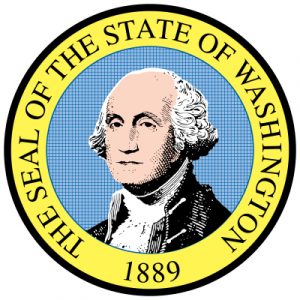The Washington State Legislative Task Force on Social Equity in Cannabis (WA SECTF) was established during the 2020 legislative session as part of HB 2870 and expanded in 2021 through HB 1443. The purpose of the task force is to make recommendations to the Washington State Liquor and Cannabis Board (WSLCB) including but not limited to establishing a social equity program for the issuance and reissuance of existing retail marijuana licenses, and to advise the Governor and the Legislature on policies that would facilitate development of a marijuana social equity program. The President of the Senate and the Speaker of the House were responsible for appointing 20 members to the task force.
Public Comment:
from the Agenda
• If you would like to give public comment, please plan to do so during the scheduled public comment period (see agenda).
• You can also submit written public comments at: healthequity@sboh.wa.gov. Written comments received by 12:00 p.m. (noon) on Thursday, January 21 will be provided to members before the public meeting. Comments received after that time will be available to members after the meeting or at the next public meeting.
